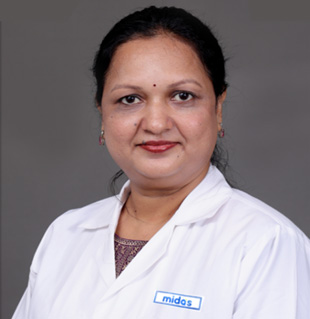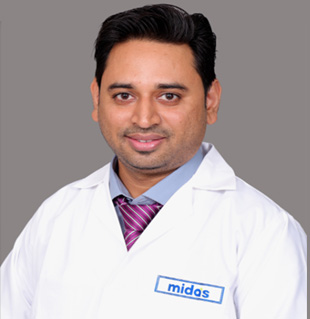Critical Care & Internal Medicine
Critical care and internal medicine are two closely related medical specialties that play crucial roles in the overall healthcare system, focusing on different aspects of patient care.
Critical Care Medicine:
Critical care medicine, also known as intensive care medicine, is a medical specialty that deals with the management of critically ill patients who require specialized and immediate medical attention. These patients often have life-threatening conditions, such as severe trauma, respiratory failure, multiple organ failure, or other complex medical issues.
Key aspects of critical care medicine include:
Intensive Monitoring: Critical care physicians closely monitor patients using advanced technology to track vital signs, organ function, and other critical parameters.
Life Support Systems: Interventions such as mechanical ventilation, hemodynamic support, and renal replacement therapy may be employed to sustain vital organ function.
Multidisciplinary Approach: Critical care often involves collaboration among various medical specialists, including pulmonologists, cardiologists, surgeons, and others, to address the complexity of the patient's condition.
Emergency Situations: Critical care physicians are frequently involved in emergency situations, such as trauma or sudden cardiac events, where rapid and decisive actions are necessary.
Postoperative Care: Patients recovering from major surgeries, especially those involving high-risk procedures, may be transferred to the intensive care unit for close postoperative monitoring.
Internal Medicine:
Internal medicine is a broader medical specialty focused on the prevention, diagnosis, and treatment of adult diseases. Internists, or internal medicine physicians, are trained to manage a wide range of medical conditions across various organ systems.
Key aspects of internal medicine include:
Comprehensive Care: Internal medicine physicians provide comprehensive and long-term care for adults, addressing both acute illnesses and chronic conditions.
Preventive Medicine: Internists emphasize preventive care, including routine health check-ups, vaccinations, and lifestyle modifications to promote overall health and well-being.
Diagnostic Expertise: Internists are skilled diagnosticians, utilizing medical history, physical examinations, and diagnostic tests to identify and manage medical conditions.
Chronic Disease Management: Internal medicine often involves the management of chronic diseases such as diabetes, hypertension, and heart disease, requiring ongoing medical supervision.
Primary Care: Many internists serve as primary care physicians, acting as the first point of contact for patients seeking medical care and coordinating referrals to specialists when necessary.
While critical care and internal medicine have distinct focuses, there is often overlap, especially in the care of critically ill patients with complex medical conditions. Internal medicine physicians with additional training may also specialize in critical care medicine, becoming intensivists who work in intensive care units (ICUs) alongside other specialists to provide comprehensive care for critically ill patients.

























